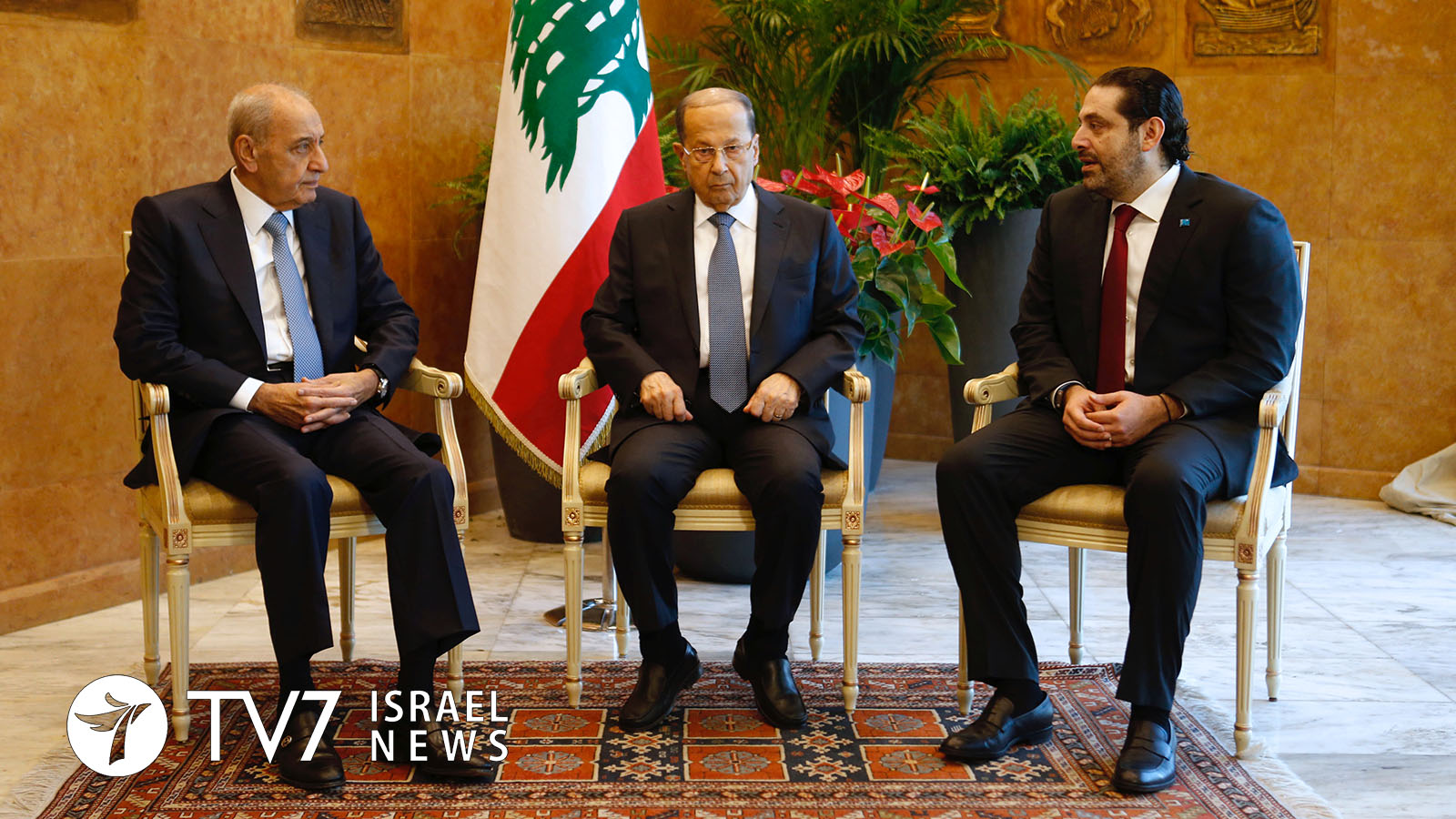Lebanon’s President Michel Aoun, Prime Minister Sa’ad al-Hariri and Parliament Speaker Nabih Berri held an emergency meeting, during which they discussed, among others, an unresolved maritime border dispute that Lebanon has with Israel over a triangular area of sea of around 860 square kilometers, which is equal to some 330 square miles. The zone extends along the edge of three out of five energy blocks that Lebanon put to tender early last year, including ‘block 9’ that technically borders Israeli waters and both Jerusalem and Beirut believe is theirs. The tender, which Israel described as “very provocative,” was accepted by energy companies from France, Italy and Russia – despite a request sent to the international firms by Israel, in which it urged them not to partake in the bid. Israeli Defense Minister Avigdor Lieberman referred to the dispute saying, “When they issue a tender on a gas field, including Block 9, which by any standard is our, and they put Block 9 on a tender to an international group of respectable firms which in my opinion are making a grave error (bidding on the tender)- because this is contrary to all of the rules and all protocol in cases like this,” the Defense Minister asserted in a Q&A discussion at the annual security conference of the INSS, at Tel Aviv University.
Lebanon’s contracts with the international firms are expected to be officially signed on the 9th of February, allowing exploration to begin.
Meanwhile, Hezbollah issued a warning, in which it stated: “Anyone who harms oil and gas sites in Lebanese territorial waters, will have its sites harmed.” The statement went on to note that Israel knows that “Lebanon is capable of doing so.” The warning was complemented with a picture of the natural gas rig in Israel’s Tamar field in Hezbullah’s crosshairs.
